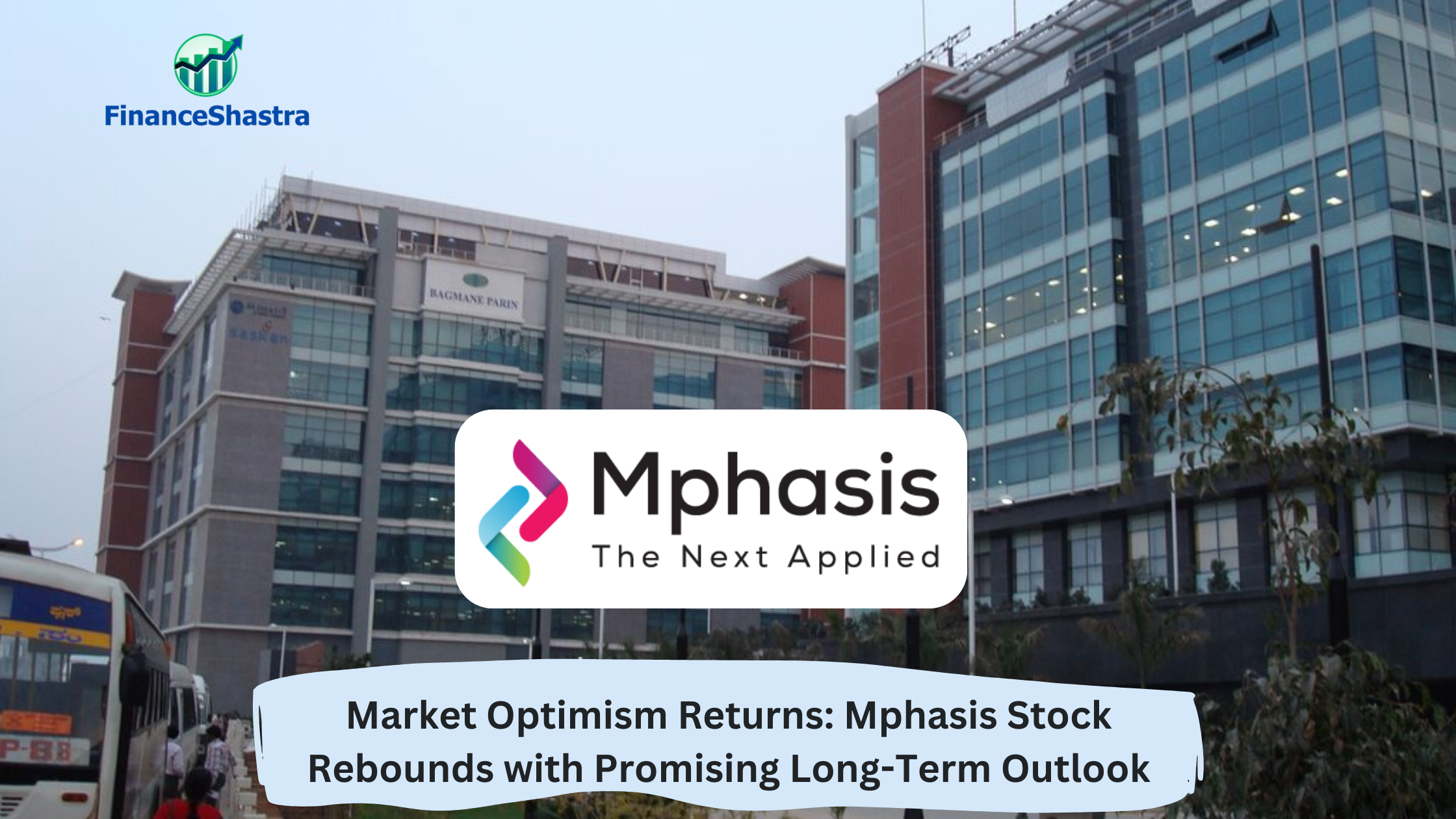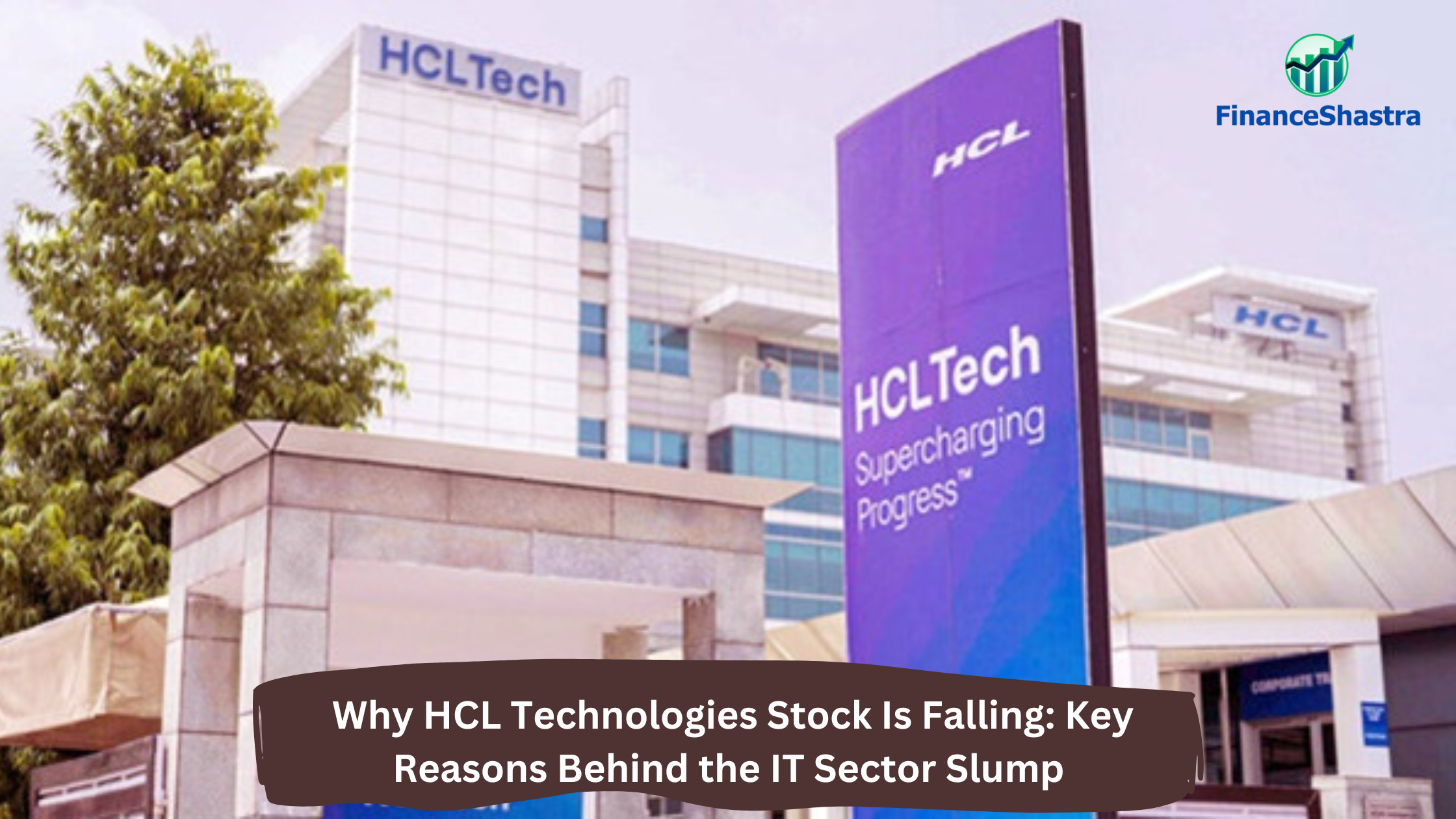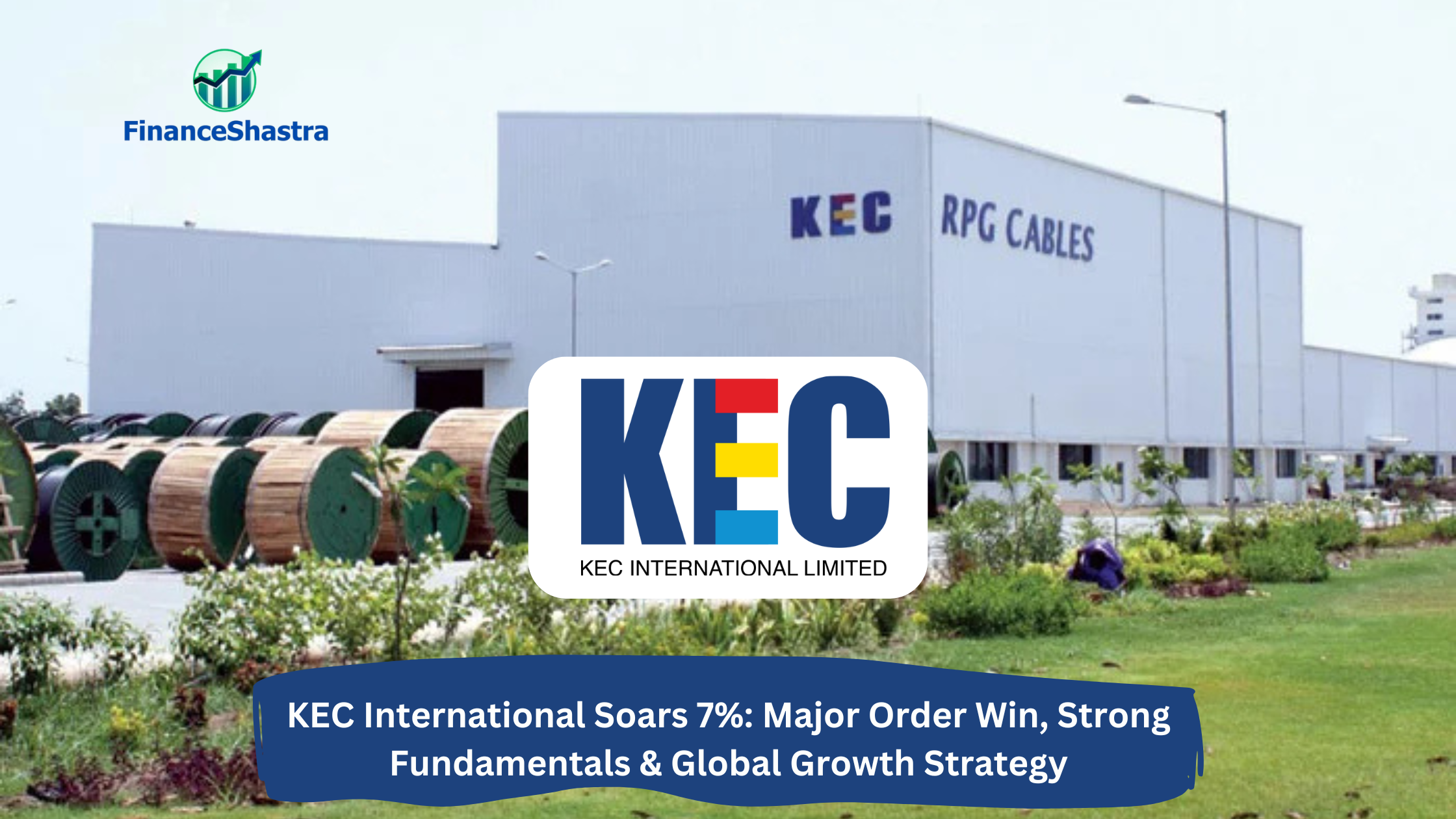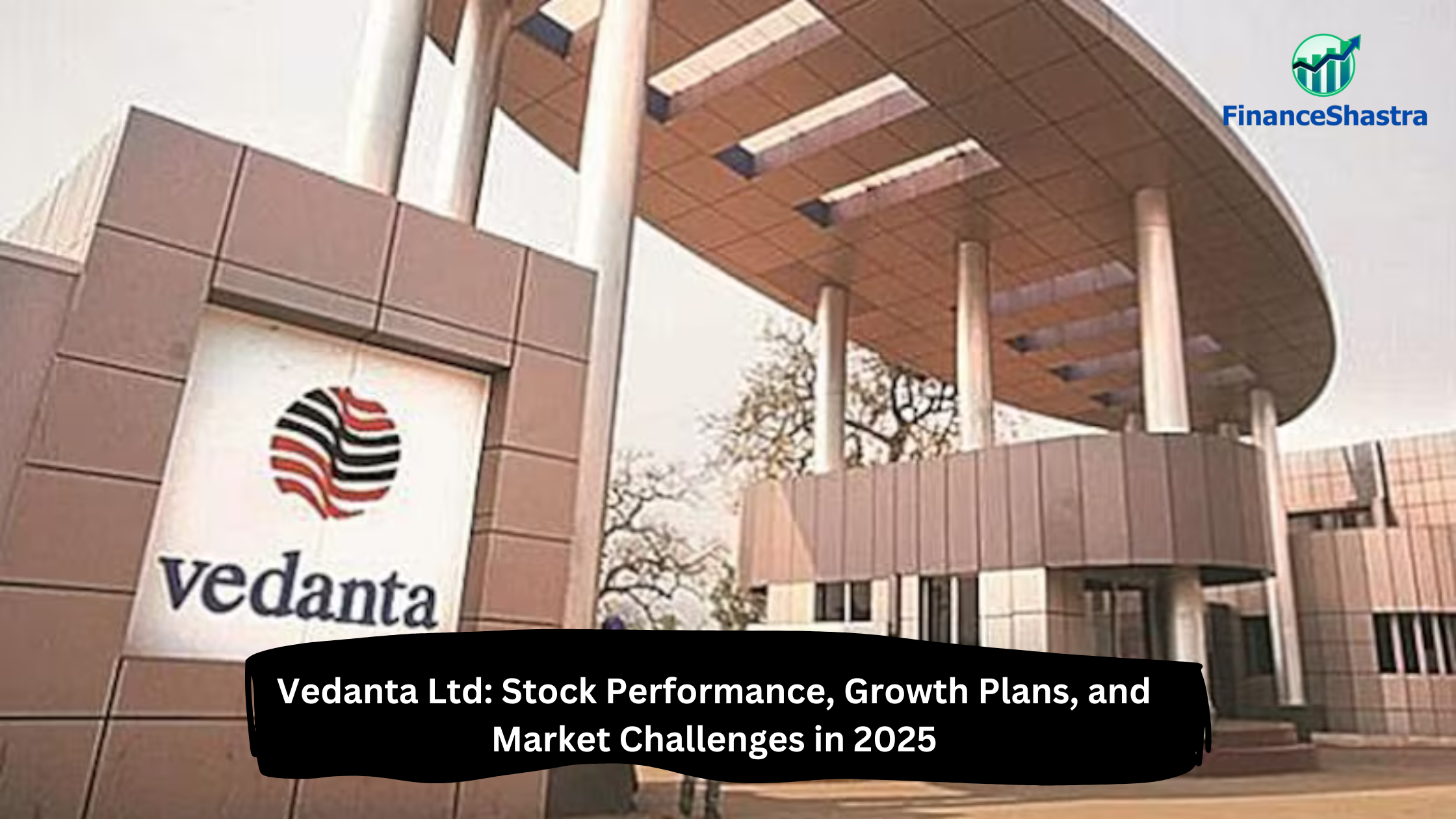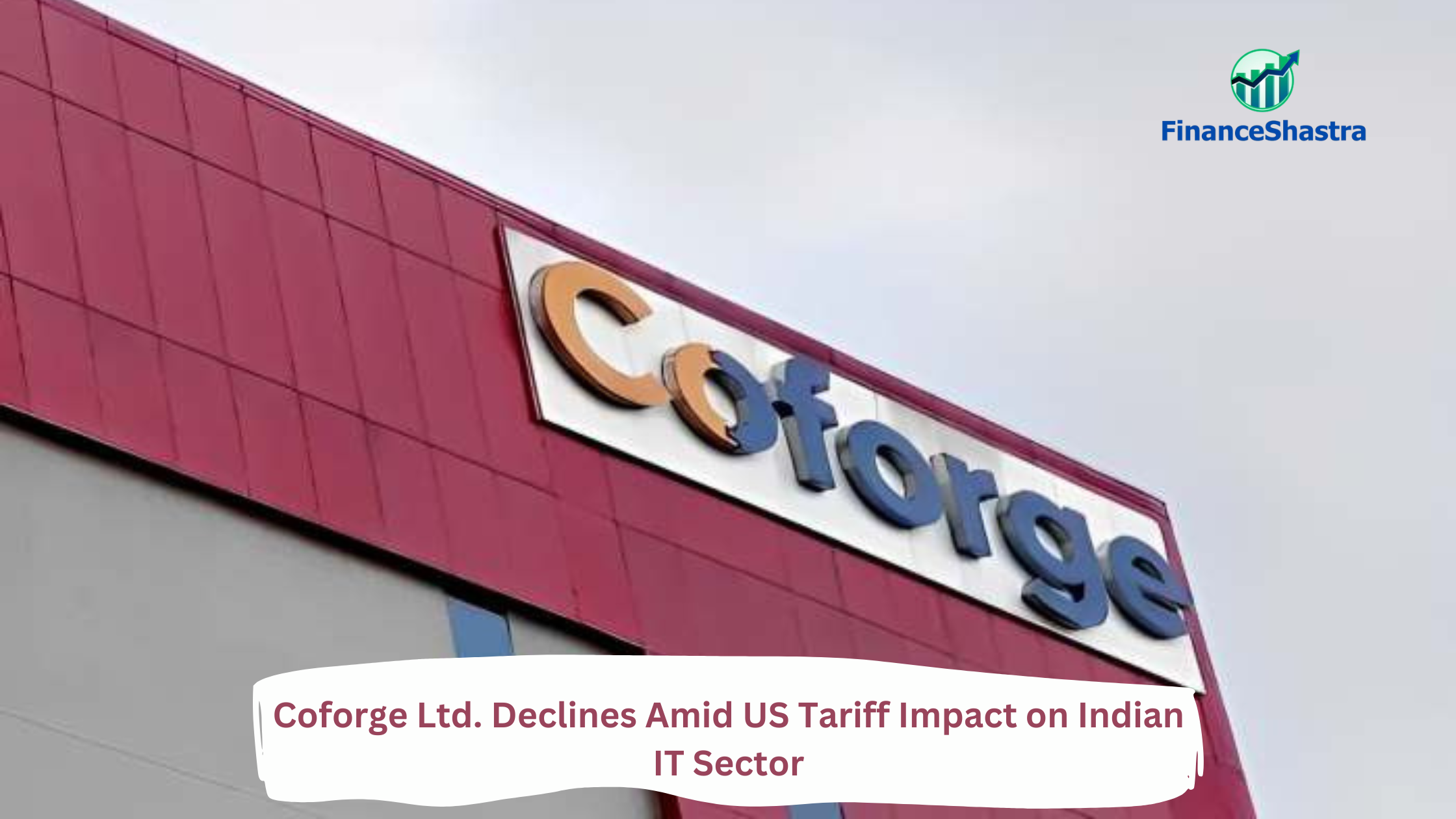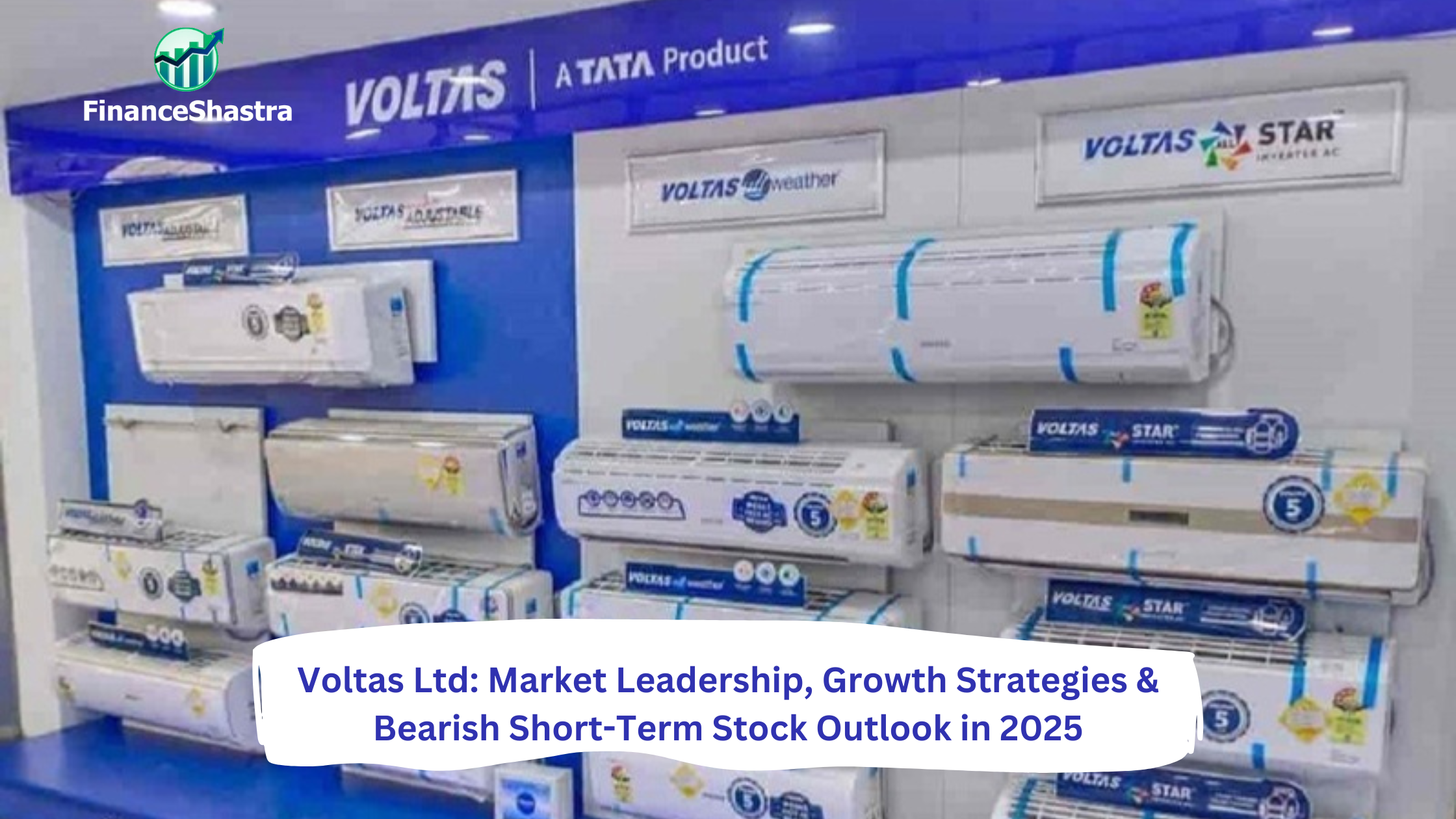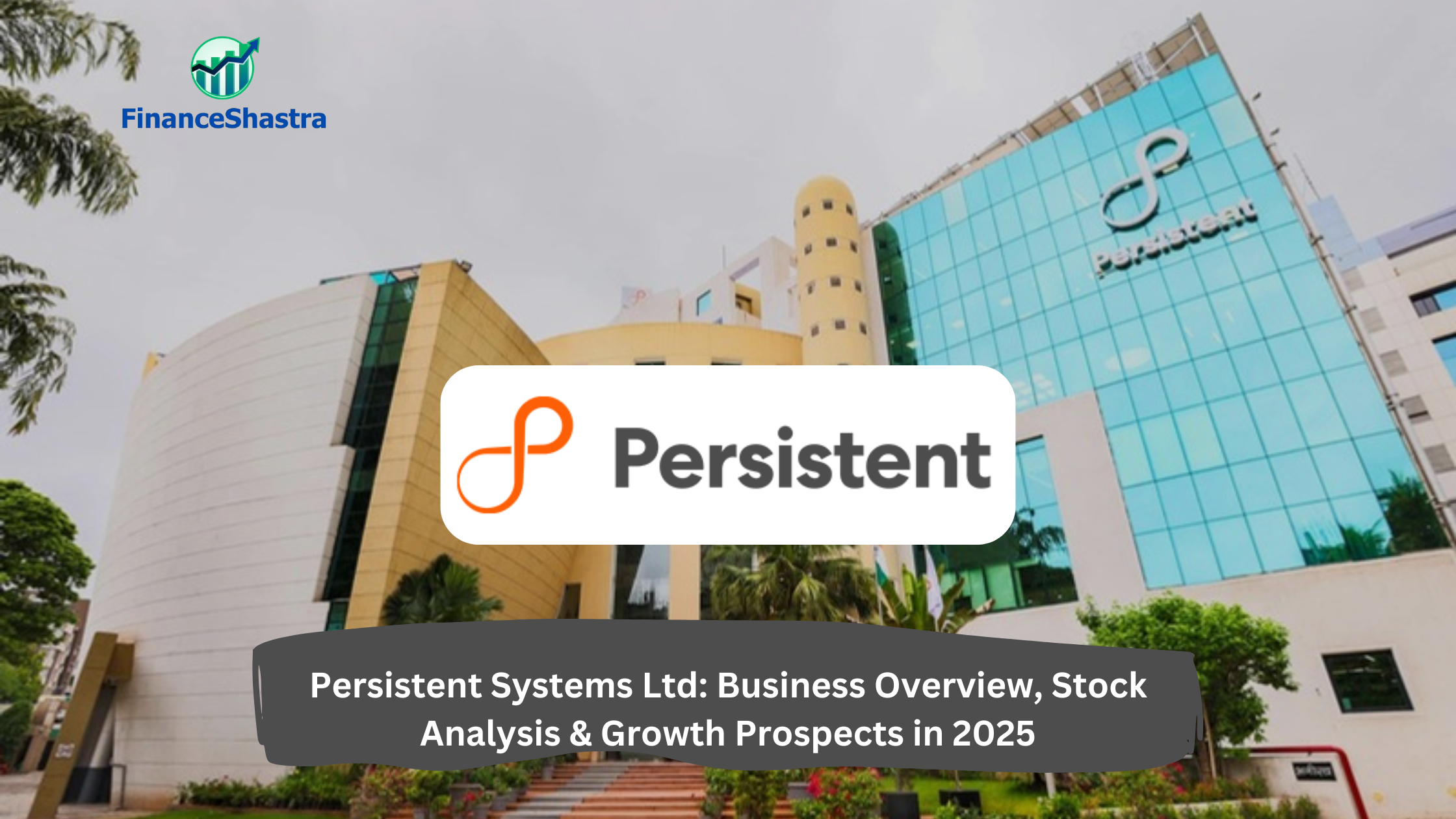Market Optimism Returns: Mphasis Stock Rebounds with Promising Long-Term Outlook
Business and Industry Overview:
Mphasis is an Indian company. It started in the year 2000. The head office is in Bangalore. Mphasis helps other companies with computer work. It builds apps and websites. It saves data on the internet (cloud). It keeps data safe from hackers. It helps companies talk to their customers. It also helps companies understand their data. Mphasis works with banks, insurance companies, hospitals, shops, and online stores. Most of its clients are from outside India. Many clients are from the USA. Some are from the UK, Europe, and Asia. Mphasis is owned by Blackstone. Blackstone is a big global company. People can buy and sell Mphasis shares on Indian stock markets. The codes are NSE: MPHASIS and BSE: 526299. Mphasis wants to make work easy for its clients. It says it is like a “driver in a driverless car.” This means it helps clients from behind, quietly and smartly. It gives each client what they need. It knows that different companies need different help. Mphasis also helps old companies change their old computer systems. It helps them use fast and new systems. This saves time and money. It also helps their customers get better service. Mphasis works fast. It brings new and smart ideas. It has teams that understand each industry. It focuses on doing good and honest work. It also cares about the environment. It wants to grow in a good way and help others grow too.
Latest Stock News:
Mphasis is an IT company. On April 3, 2025, its share price fell by 4.06% and closed at ₹2,403. Other IT companies like TCS and HCL Tech also saw a fall. On March 24, Mphasis gave 20,000 stock options and 5,000 restricted stock units to employees. On March 27, the company said a board meeting will be held on April 24. Right now, the share price is ₹2,363.8. One year ago, it was ₹2,462.5. So, it has dropped by ₹98.7 or 4% in one year. The BSE IT Index also fell 4% in one year. Some IT companies like Sonata Software and Birlasoft have dropped over 40%. But today, Intellect Design and Firstsource Solutions are doing well. The Sensex is down 0.3% today but has gone up 3.2% in one year. Mphasis earned ₹4,278 million profit in Oct-Dec 2024, which is 14.5% more than last year. Sales in that quarter were ₹35,613 million, up 6.7%. But for the full year, profit fell by 5.1% to ₹15,548 million. Sales also dropped 3.8% to ₹132,785 million. The company’s P/E ratio is now 27.2.
Mphasis will talk to investors and analysts on a phone call. This call is about the company’s money results for the year ending 31 March 2025. The company had already shared this news before on 26 March 2025. Now, it says the call will happen on Friday, 25 April 2025 at 8:30 AM (India time). The company will first share the results with the stock exchanges. After that, it will talk about the results of the call. This call will help people understand how the company did in the last part of the year and the whole year.
Potentials:
Mphasis is making many plans for its future growth. It wants to grow more in the Asia-Pacific (APAC) region, India, and Europe. These areas are important because they offer many new business opportunities. To help with this growth, Mphasis is working closely with HP. This partnership will help the company reach more customers and offer better services in these regions. Mphasis is also planning to hire 6,000 to 8,000 new employees during this year. This shows the company is getting more business and needs more people to manage the work. It is a sign that the company is growing and preparing for more projects. A big part of Mphasis’s future work includes Artificial Intelligence (AI). The company is now using AI in about 35% of its new projects. This means Mphasis is focusing more on smart technology that can do work faster, reduce human errors, and give better results. The company wants to continue using more AI to stay updated and modern. Mphasis is also using cloud and cognitive (smart thinking) technologies. These tools help the company offer services that feel personal to each customer. Clients get a smooth and better digital experience. This helps businesses grow and work more easily. Because of its smart use of AI, Mphasis received an award. It got the NASSCOM AI Gamechangers Award in the Healthcare and Pharma category. This means experts in the industry recognize Mphasis for its good and smart work in AI. Through all these steps—expanding to new regions, hiring more people, using AI and cloud technology, and winning awards—Mphasis wants to become stronger in the IT industry. It wants to offer modern, useful, and future-ready solutions to its clients.
Analyst Insights:
- Market capitalisation: ₹ 42,311 Cr.
- Current Price: ₹ 2,226
- 52-Week High/Low: ₹ 3,240 / 2,170
- P/E Ratio: 25.7
- Dividend Yield: 2.39%
- Return on Capital Employed (ROCE): 24.0%
- Return on Equity (ROE): 18.4%
Mphasis is a good company. It makes a profit every year. Its operating profit margin is around 18–19%. This means it controls its costs well. The company uses its money wisely. Its ROCE is 24% and ROE is 18.4%. This means it gives good returns to investors. The company gives back money to shareholders. The dividend payout is 61.6%. Dividend yield is 2.39%. So, it is good for people who want a regular income. The company is also getting more cash. Cash flow from operations was ₹3,000 crore in FY23. It became ₹4,278 crore in FY24. This means the company is managing its cash better. But there are also some problems. Promoters reduced their holding. It came down from 55.45% to 40.23% in one year. This can worry investors. It may mean promoters are not fully confident. The company also took out more loans. Borrowings increased from ₹64 crore in FY23 to ₹498 crore in FY24. This is strange. The company already has good reserves. It may not need to borrow. Revenue growth in the last 5 years is 11.4% per year. This is okay but not very fast. Big IT companies like TCS and Infosys are still ahead of Mphasis. The stock is not very cheap. The P/E ratio is 27.7. This is average in the IT sector. So, the price may not rise fast unless the company grows more. So, Mphasis is a strong and steady company. But its growth is slow. Because of this, the recommendation is Hold. Investors can wait and watch how the company performs.

